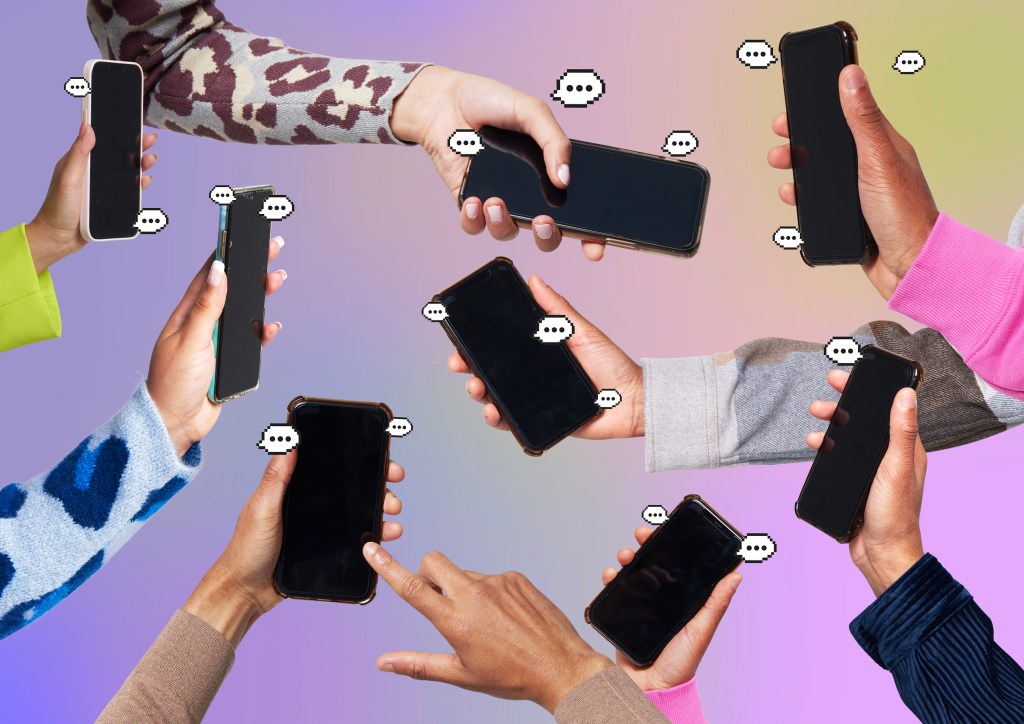LGBTQ+ groups are helping to stop conversion therapy content on social media

Platforms are protecting queer users online. (Juan Algar/Getty)
LGBTQ+ advocacy organisations are stopping conversion therapy-related content from reaching users on social media.
Both those in the community and allies are often exposed to harmful misinformation, hate speech and — horrifyingly — even the endorsement of conversion therapy when scrolling through their social media platforms.
Now, platforms are protecting queer users online by updating their policies to ban any content surrounding the harmful practice, which attempts to change someone’s sexual orientation or gender identity.
It comes as the Gay & Lesbian Alliance Against Defamation (GLAAD) has reached out to many media companies to raise awareness for best practices around LGBTQ+-related content. Its Social Media Safety Program has encouraged social apps to look over their community guidelines and update them accordingly.

One platform, Discord – which is popular in the gaming community – has expanded its Hateful Conduct Policy to prevent users from misgendering and deadnaming. They also introduced a warning system to enforce the guidelines effectively, including reporting features which review content that could be violating the guidelines.
In February 2022, TikTok also updated its Community Guidelines to prevent content which supports or promotes conversion therapy explicitly, as well as misgendering, deadnaming, and misogyny. “TikTok has become a little safer for women, LGBQ and trans people today,” said Bridget Todd — Communications Director at UltraViolet, a national gender justice advocacy group — in a GLAAD press release.
Pinterest and NextDoor also prioritise such guidelines within their user community.
But not all platforms are on the same page. YouTube still does not ban such content in its Hate Speech Policy, while X (formerly Twitter), has removed policies for marginalized communities against misinformation, as per Advocate.
If you’re a target of online harassment or see hate speech online, visit GLAAD for a comprehensive help guide.

